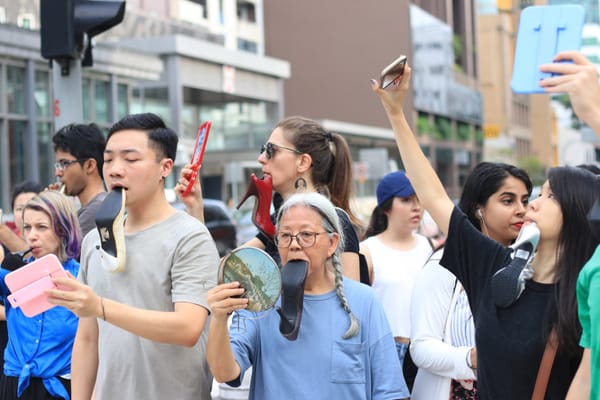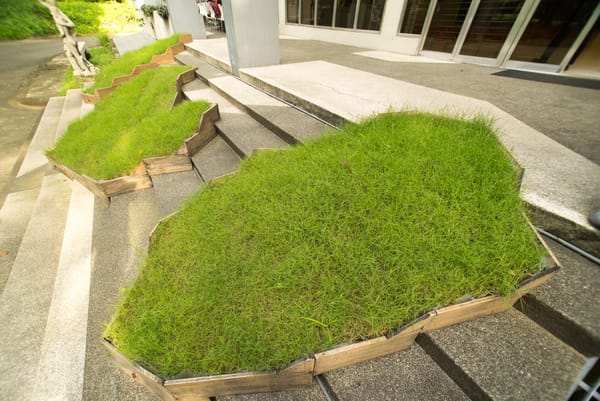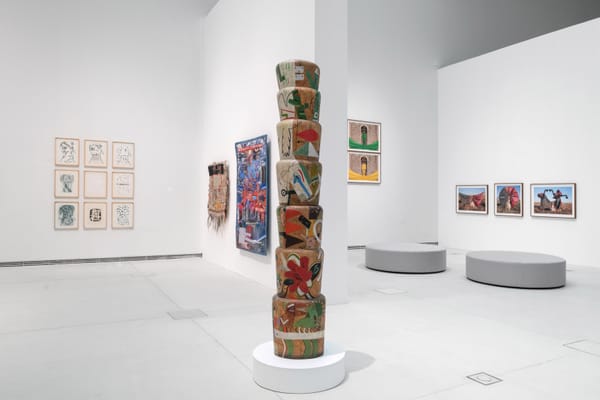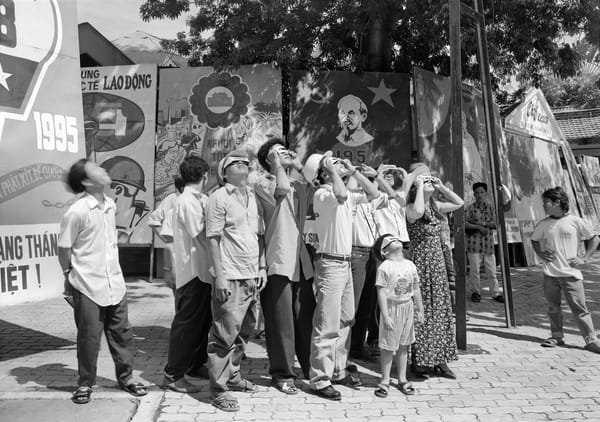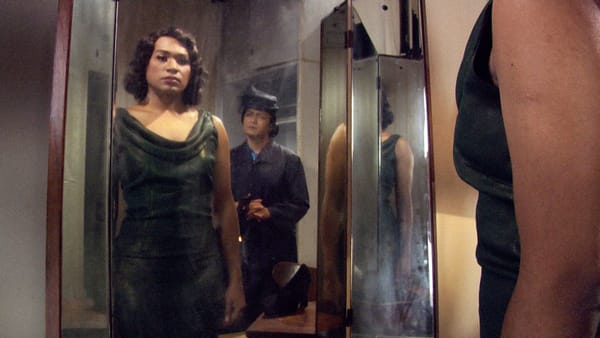Issue
Tokyo: Theaster Gates: Afro-Mingei
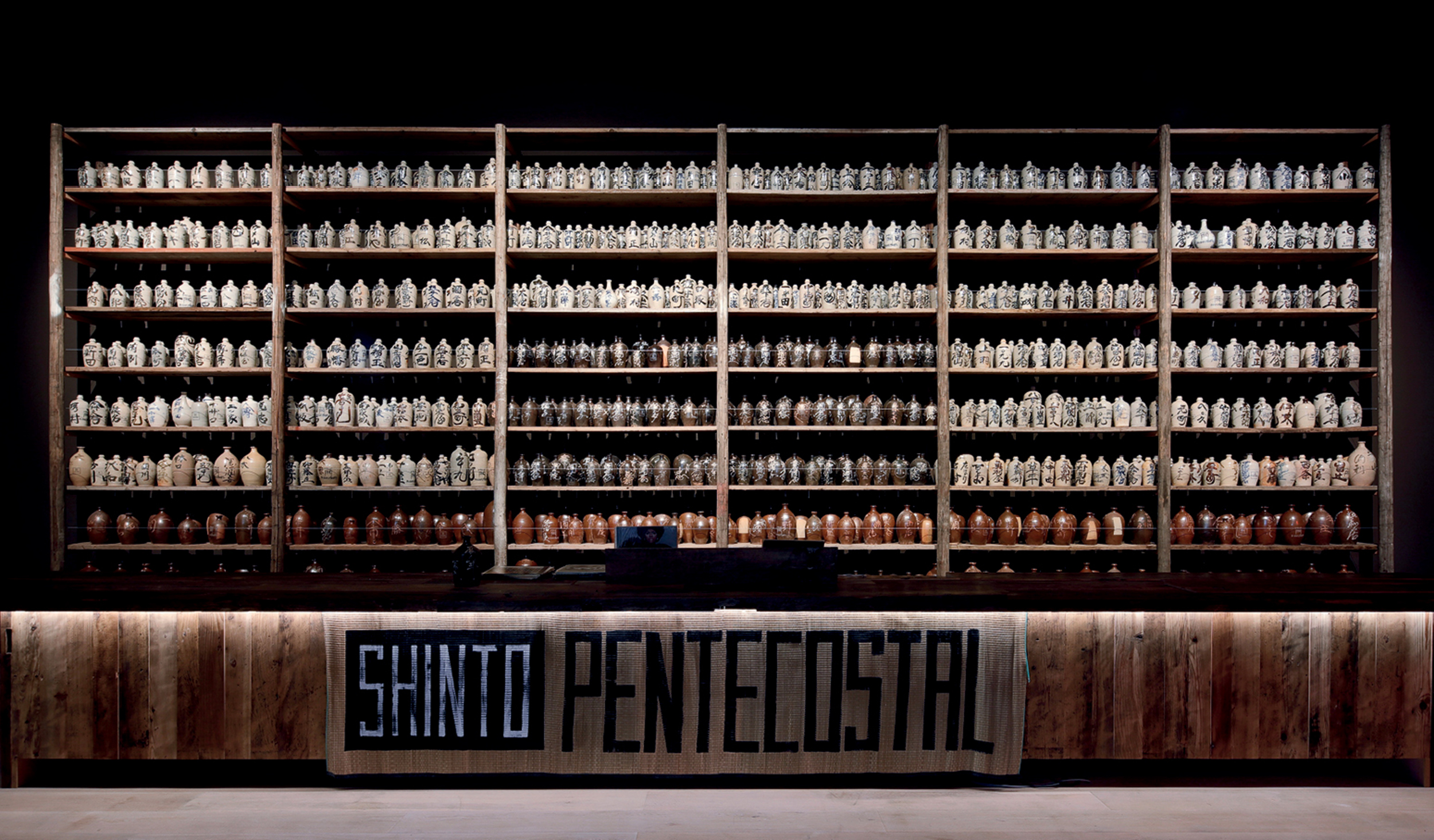
Theaster Gates
Afro-MingeiMori Art Museum
An intersection of histories: In the mid-1920s, amid Japan’s rapid industrialization, the philosopher Soetsu Yanagi and ceramicists Hamada Shoji and Kawai Kanjiro coined the term mingei, or “popular crafts,” to celebrate the country’s long traditions of unnamed makers producing beautifully refined, utilitarian objects. In 2004, an urban planner from Chicago with a passion for pottery, Theaster Gates, spent a year studying ceramics in Tokoname, in Japan. In the two decades since, as Gates became a globally celebrated artist, he has maintained ties with Japanese artisans. Finding echoes of subcultural resistance and self-empowerment in both mingei and African American creative practitioners, and combining two core interests of his, the “Black is Beautiful” movement of 1960–80s America and Japanese craft philosophy, he developed a “creative ideology” he calls Afro-Mingei.
